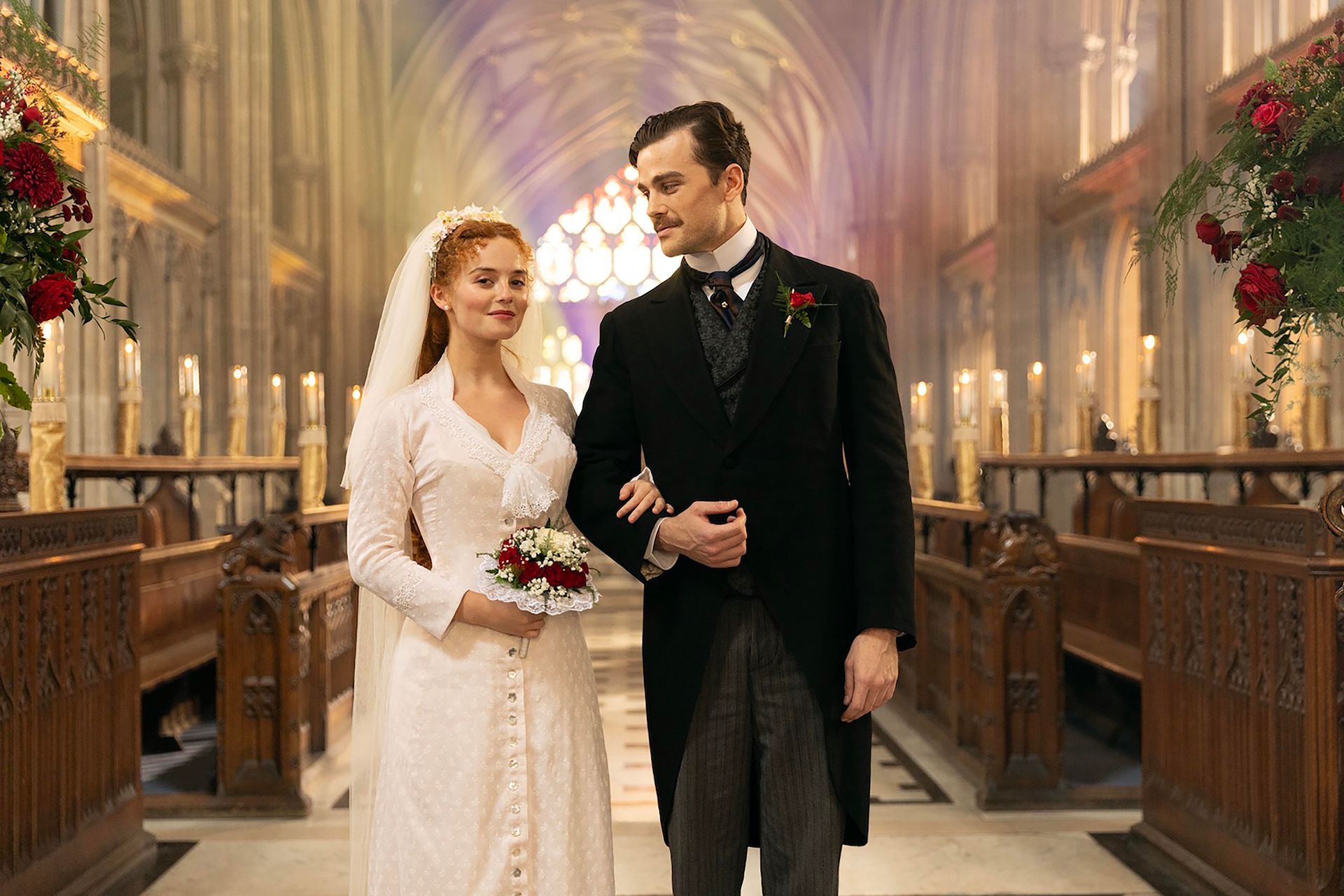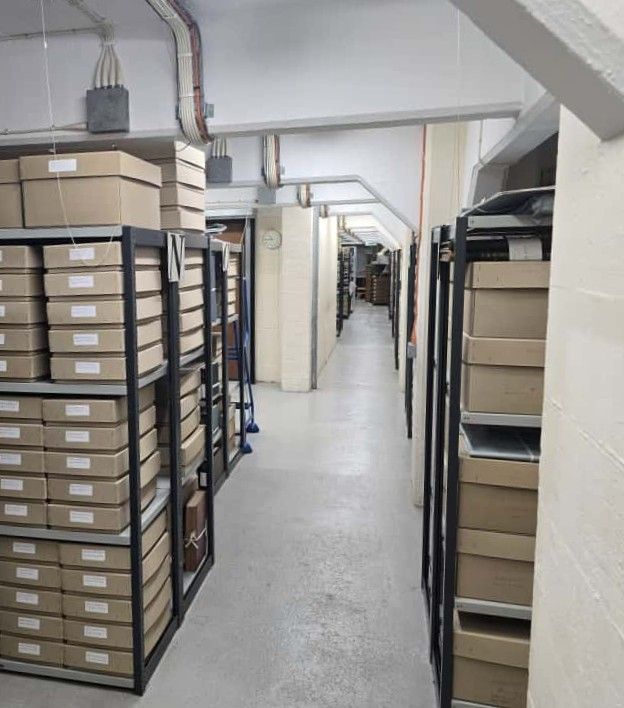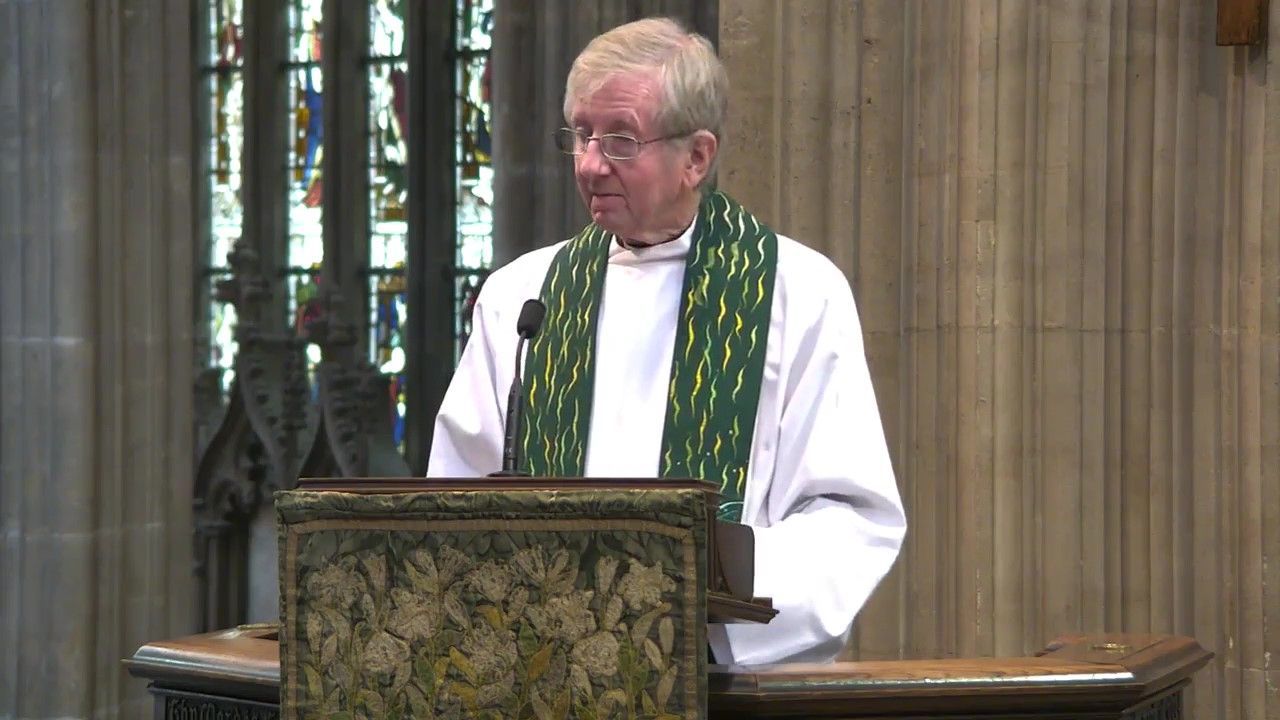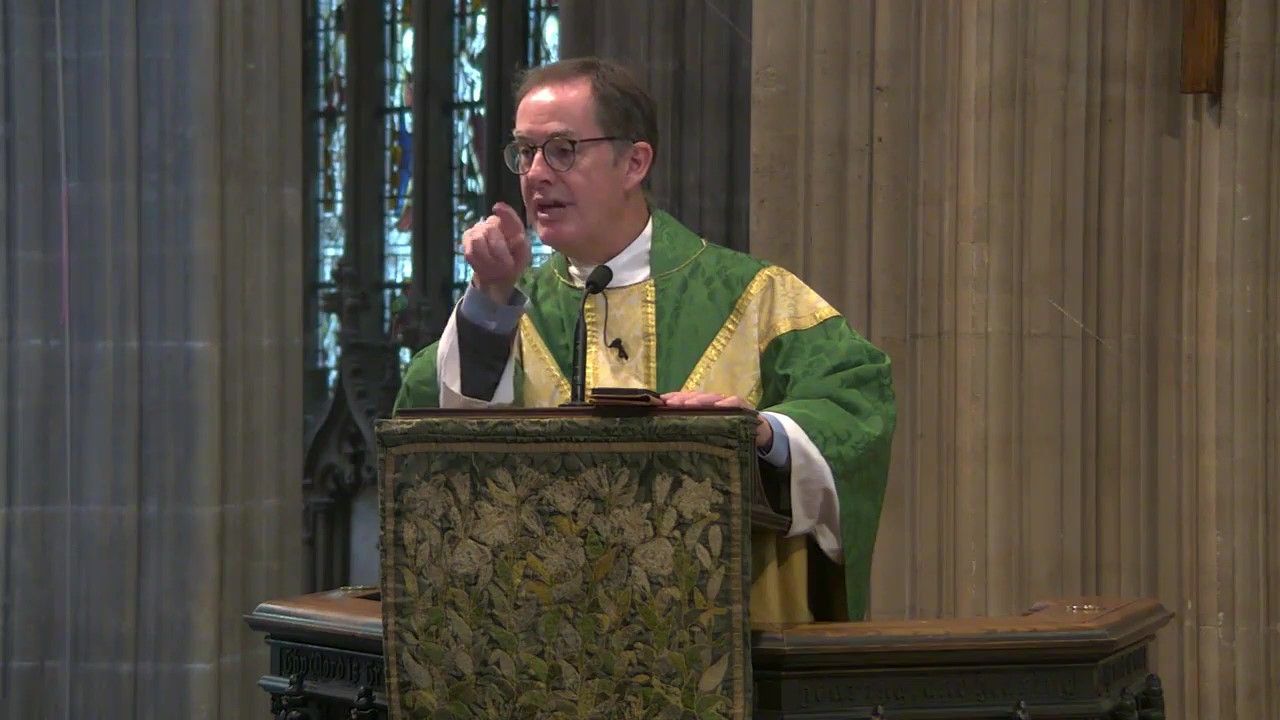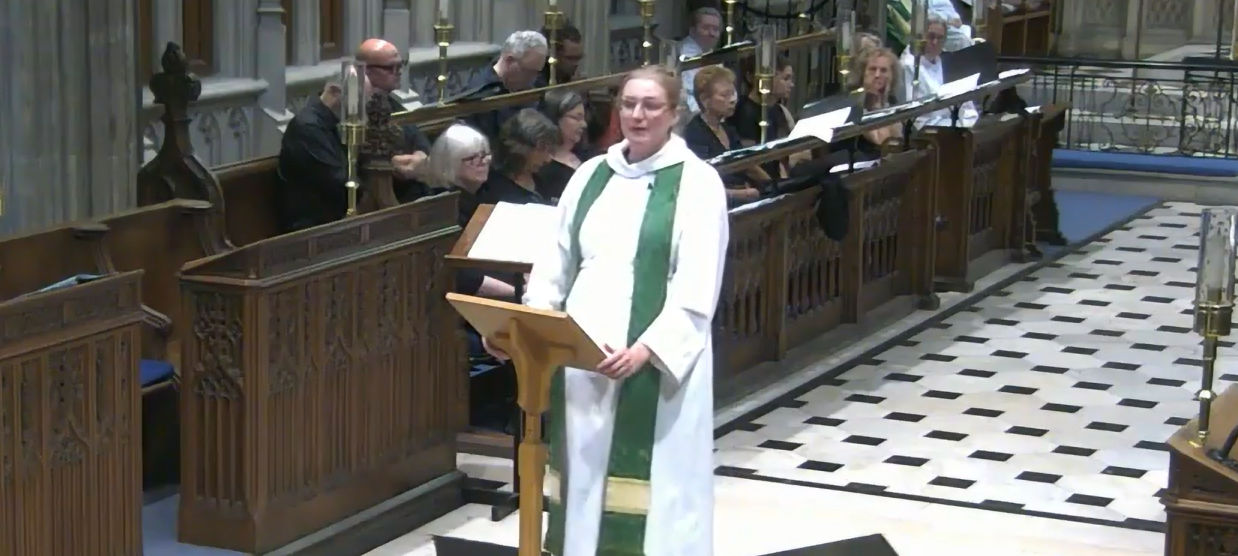Do not doubt but believe
The celebration of St Thomas has, until quite recently, been held on 21 December. This is the shortest days of the year and one of the darkest as well. Whilst you will find references to Thomas dying on 21 December, I suspect the date emerged because of its association with the darkness of doubt: what better day to remember Doubting Thomas than a short day in the depths of winter. Now we mark his Feast Day on 3 July: from the depths of winter Thomas has been brought into the bright sunny uplands of mid-summer!
This brings the western church into line with the Roman and Syrian Catholic Churches, although the Greek church remains loyal to their own feast day for Thomas of 6 October!
I quite liked having Thomas in the midst of winter. Amidst the run up to Christmas, including all those carol services, presenting a pure and innocent faith in the child in the manger, for one day (and probably only at Morning & Evening Prayer, if we're honest) we are brought face to face with good, honest doubt! And that is a good thing: even the best of Christians (whatever we mean by 'best') are sometimes confronted with doubt; most of us encounter doubt regularly; and some of us our faithful despite the doubt that hedges us in on every side. So to have a moment, in the midst of the celebrations of Christmas, that allows for some doubt was (undoubtedly!) good.
Bringing this feast day into July is about more than aligning ourselves with some of our Christian sisters and brothers around the world. It doesn't stop us acknowledging the doubt: but it does stop us stopping at the doubt. It tells us that the story moves on.
Doubt is not a destination. Whilst doubt is undeniable, and doubt brings us to a place where we can linger as long as we need or wish, in the end doubt leaves with a choice to make. For Thomas the choice was to believe or not to believe: a choice of two possible options. Some of our doubts will present us with many more possible options. There may be times when we even wish for a doubt like Thomas' and a simple decision between one choice and the other. But we all know life is rarely as straightforward as that.
Thomas did doubt: but his nickname of Doubting Thomas is untrue and unfair, for doubt is not a destination but a place of choice. Thomas acknowledged his doubt, and faced with a choice he resolved his doubt which led him to the most extraordinary proclamation of the Good News of God in Christ: My Lord and my God.
My Lord - here is a human being to whom I offer my earthly allegiance
My God - here is a divine being to whom I offer my past, my present and my future
Dan Tyndall
30 June 2022
